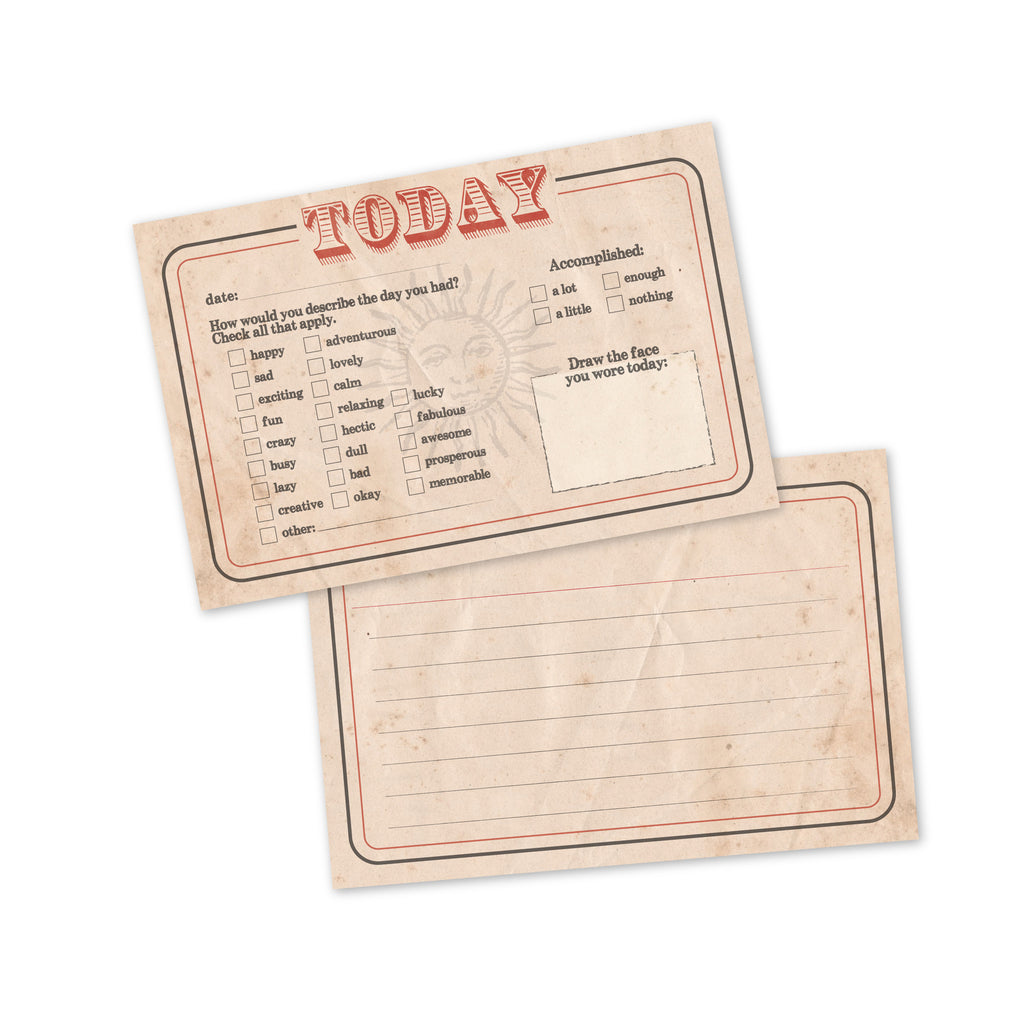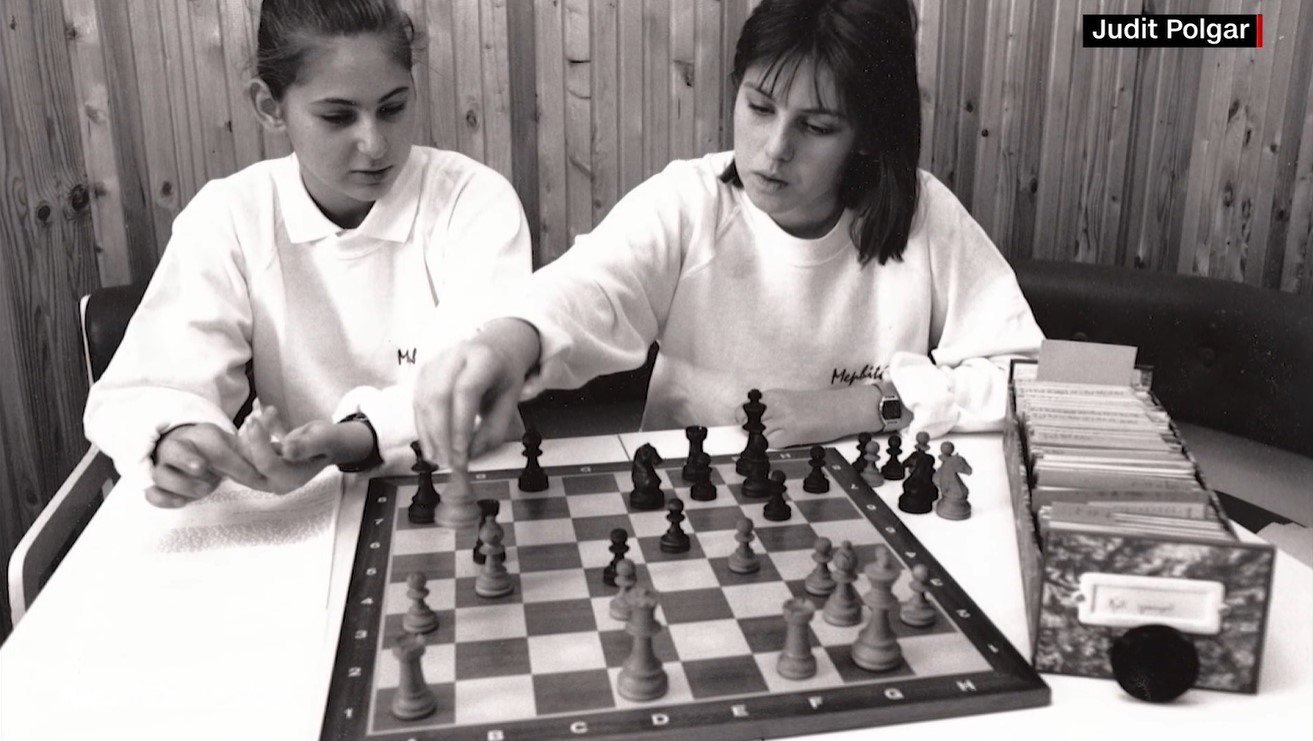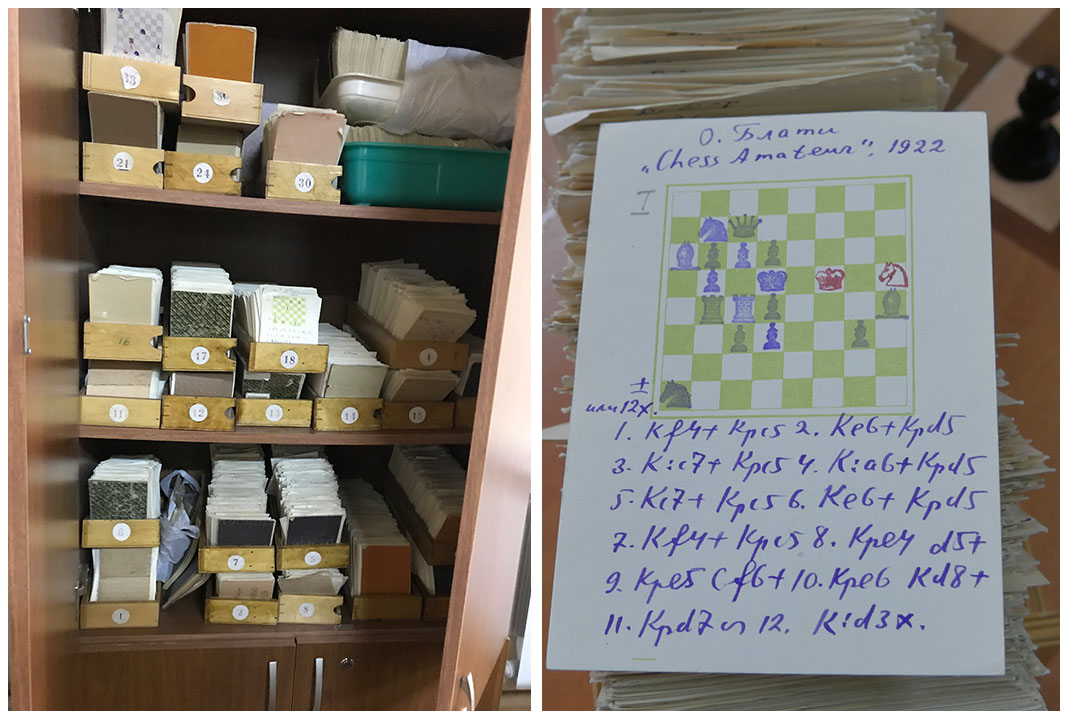reply to Andy at https://forum.zettelkasten.de/discussion/comment/19108/#Comment_19108
I've got no evidence for nor against the presence of a box for these or any idea what the earlier portion of his process looks like at present. The bulletin board slips pictured were held up with pins and those on the table appear to be taped down, ostensibly to prevent accidental movement. Given their temporary nature and placement in this context, and the fact that they were highly portable for at least the span of the five shows he was preparing for in the documentary, there was certainly some container (even if it was as simple as a binder clip or a simple rubber band). Having seen shows like this roll in and out of venues before, I'm reasonably sure it was in a box at some point, so only a pedant would worry about it.
Box aside, the point here is that it shows a version of how he manufactures his output and manages his arrangement—portions of an overall process which are less frequently discussed and incredibly rarely visualized or pictured within the general community, much less in mass popular culture.
Many have argued that Eminem didn't have a zettelkasten either, and he definitely had both slips and a box. There's obviously no winning here... I won't worry too much about it until the naysayers' own Zettelkasten can manage to help them sell out Jones Beach Theater, The Prudential Center, PNC Bank Arts Center, Barclays Center, and Madison Square Garden.
Caveat pedanticus: Anyone talking about "Chris Rock's box" in public, might be held up to ridicule in his next sold-out tour. After Headliners Only and the Will Smith incident, I'm not taking any chances. 😜🃏🗃️













